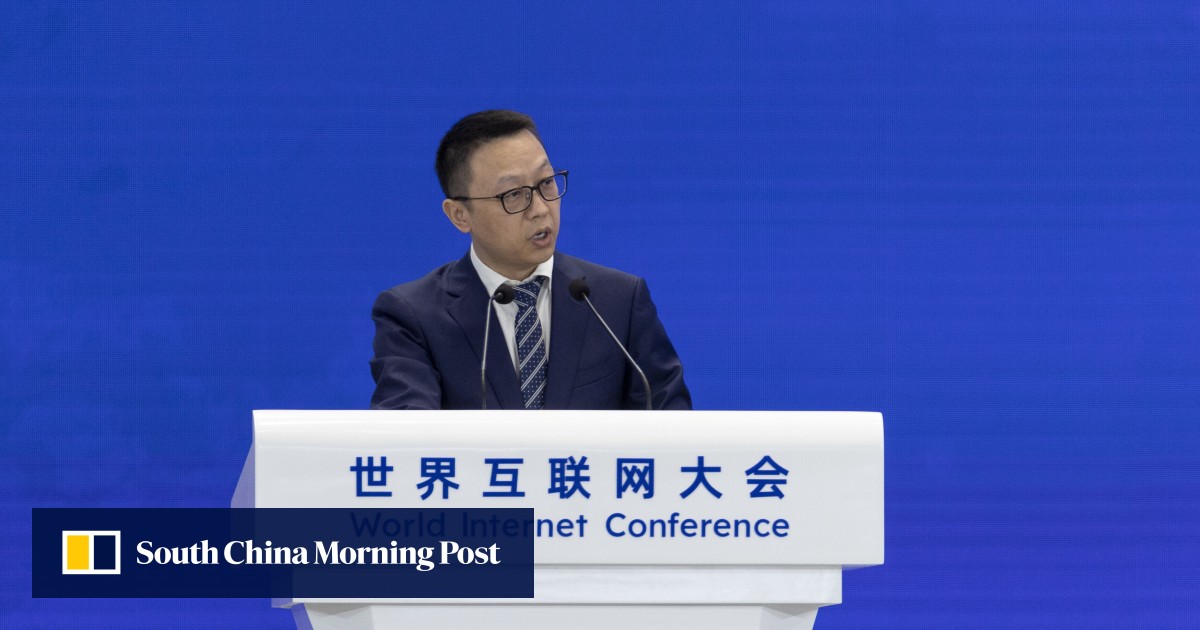




In a rapidly evolving technological landscape, Chinese technology companies are intensifying their efforts to develop advanced reasoning models aimed at competing with OpenAI's recently launched o1 model. Alibaba Cloud has introduced its QwQ model, which has shown promising results by matching or even outperforming OpenAI's o1 in specific benchmarks. Notably, QwQ excelled in two mathematics tests and equaled o1 in problem-solving and coding capabilities [df68c262].
The World Internet Conference, held on November 21, 2024, in Wuzhen, Zhejiang, highlighted the importance of AI in China's future. During this event, Alibaba CEO Eddie Wu Yongming emphasized the company's commitment to AI advancements, stating that AI could significantly enhance global productivity over the next three decades [323cd412]. Wu's remarks came amidst a backdrop of increasing competition in the AI sector, particularly with the US pushing for initiatives to maintain its technological edge [b4e39501].
In addition to Alibaba, other Chinese firms are also making strides in this area. Moonshot AI launched an updated version of its Kimi chatbot in October, boasting similar reasoning capabilities to OpenAI's offerings. Meanwhile, DeepSeek's r1 model has reportedly outperformed o1 in half of the six benchmarks tested [df68c262]. Furthermore, DeepSeek has trained a large language model that is comparable to OpenAI's at significantly lower costs, demonstrating the potential for economic growth in the AI sector, estimated by McKinsey to be around $6 trillion annually [915ee693].
As the competition heats up, the geopolitical implications of these advancements cannot be overlooked. Chinese President Xi Jinping has called for global cooperation in managing the risks associated with AI technologies, advocating for a unified approach to internet governance [b4e39501]. This call for collaboration comes as the US and China navigate a complex relationship marked by technological rivalry and differing approaches to AI development. Notably, the US has imposed restrictions on advanced GPUs for AI data centers, which has further fueled the urgency for Chinese firms to innovate [915ee693].
Amidst these developments, concerns are rising regarding the potential authoritarian use of AI in China. A recent analysis highlights that Beijing's previously hands-off approach to AI development may be shifting due to the deployment of Meta's Llama model by the People's Liberation Army (PLA) for military purposes. This situation raises alarms about the risks associated with democratic openness and the challenges of enforcing ethical standards in AI deployment [7ccbce9b].
Moreover, Huawei's launch of the Mate 60 Pro, featuring a made-in-China chip, and its significant investment of 25% of its $100 billion revenue in R&D in 2023, underscore the company's commitment to advancing AI and semiconductor technology [915ee693]. Chinese companies are adapting to chip manufacturing constraints, with SMIC achieving 7-nanometre chip production and Cambricon Technologies projected to double its revenue to 4.3 billion yuan ($587 million) [915ee693]. The ongoing developments in AI, particularly in reasoning models, reflect a significant shift in the global tech landscape, with Chinese firms striving to establish themselves as formidable players in the AI arena while grappling with the implications of their technologies on security and governance [df68c262].